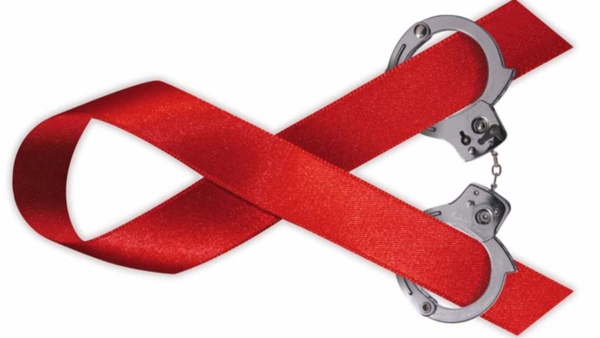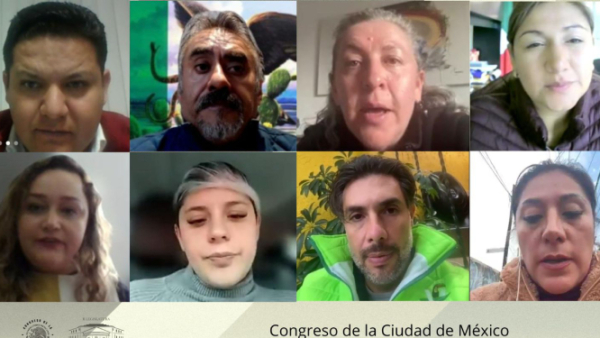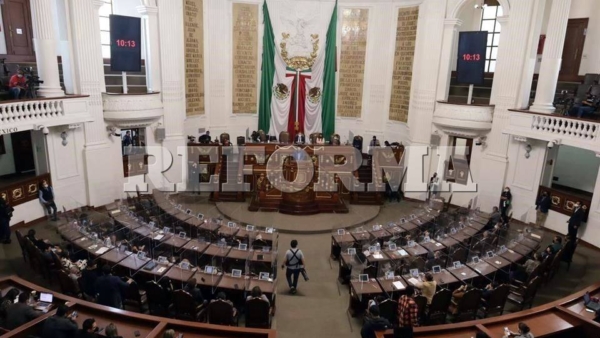Overview
Following reform in 2024, the criminal law of Ciudad de México (Mexico City/CDMX) does not explicitly criminalise HIV or STI ‘exposure’. Transmission remains prosecutable under general criminal laws.
Article 159 of the Penal Code previously stated that anyone who knew they were living with a serious disease, and who ‘endangered the health of another’ through sexual or other means, provided that the victim was not aware of this condition, was guilty of an offence. The penalty under this law was three months to three years’ imprisonment and a fine of fifty to three hundred days, or three months to ten years’ imprisonment and a fine of five hundred to two thousand days where the disease was incurable (including HIV).
The 2017 report by the Mexican Network Against the Criminalisation of HIV suggested that there had been one HIV criminal case in Ciudad de México at the time.
In a second case in June 2021, a 32-year-old man was arrested for allegedly failing to disclose that he was HIV positive to his partner, who found HIV medication in his house. The man was charged under the ‘danger of contagion’ provision of the Penal Code (Article 159) for perceived ‘exposure’. It does not appear that HIV was transmitted, though this is not required for this offence.
In October 2021, upon reviewing the above case a court held Article 159 to be unconstitutional on the basis that it violates the constitutional principles of ‘suitability and proportionality’. In November 2021, two deputies brought forward a bill to repeal this law, however it was not adopted.
In October 2023, the Head of Government for Ciudad de México announced that the repeal of Article 159 was among his priorities for the following 100 days. The media report on this announcement revealed that 13 cases had been opened under Article 159 in January-August 2023, and 14 in the same period in 2022, however it is not clear how many of these cases relate to HIV ‘exposure’.
By December 2023, the proposal to repeal Article 159 had been approved by the Justice Commission of the Ciudad de México Congress and was being taken to a legislative plenary session for general approval. On 9 January 2024, this approval came with a vote of 42-2 in Congress. Voting in favour, Deputy Temístocles Villanueva stated that “living with HIV is not, and can never again be, a death sentence, that with adherence to treatment we can achieve undetectable status and that undetectable is untransmissible. We must abandon the punishment-based vision imposed by the governments of that era and move forward with a vision that guarantees rights.” The initiative also amends Article 76 (on punishments for ‘fraudulent’ offences including danger of contagion) and Article 130 (damage to health), to eliminate the criminalisation of HIV and STI ‘exposure’ within Ciudad de México law entirely.
However, transmission of HIV may still be punishable under the general criminal offence of causing ‘injuries’. Article 130 states that anyone who causes injuries resulting from the transmission of an incurable disease is punishable with three to eight years’ imprisonment.
Laws
Código Penal para la Ciudad de México
Article 159. Danger of contagion
Anyone who, knowing that he is suffering from a serious disease during the infectious period, endangers the health of another person through sexual relations or other transmissible means, provided that the victim is not aware of this circumstance, shall be imprisoned for three months to three years and fined from fifty to three hundred days. If the disease suffered is incurable, a prison sentence of three months to ten years and a fine of five hundred to two thousand days will be imposed. This offence will be prosecuted by means of a complaint by the victim or offended party.
Article 76. Punishability of wrongful crime
In the case of culpable offences, one quarter of the penalties and security measures assigned by law to the basic type of fraudulent offence shall be imposed, with the exception of those for which the law provides for a specific penalty or a different treatment regulated by a legal system other than this Code. In addition, where appropriate, suspension or definitive deprivation of rights to exercise a profession, trade, authorisation, licence or permit shall be imposed for a term equal to the prison sentence imposed. Whenever an alternative sanction including a non-custodial sentence corresponds to the fraudulent offence, the person responsible for the offence shall take advantage of this situation.
Only the following shall be punished as culpable offences:
(…)
[REPEALED 9 JANUARY 2024] Injuries due to contagion, referred to in Article 159.
Código Penal para la Ciudad de México
Article 130. Injuries
Anyone who causes harm to or impairs the health of another person shall be liable to the following penalties:
(…)
VI. From three to eight years’ imprisonment, if they result in the loss of any organic function, limb, organ or faculty, or cause incurable disease or incorrigible deformity; and
VII. From three to eight years of imprisonment, when they endanger life.
Acknowledgements
Our thanks to la Red Mexicana de Organizaciones contra la criminalización del VIH for their research assistance to confirm current relevant legislation.





